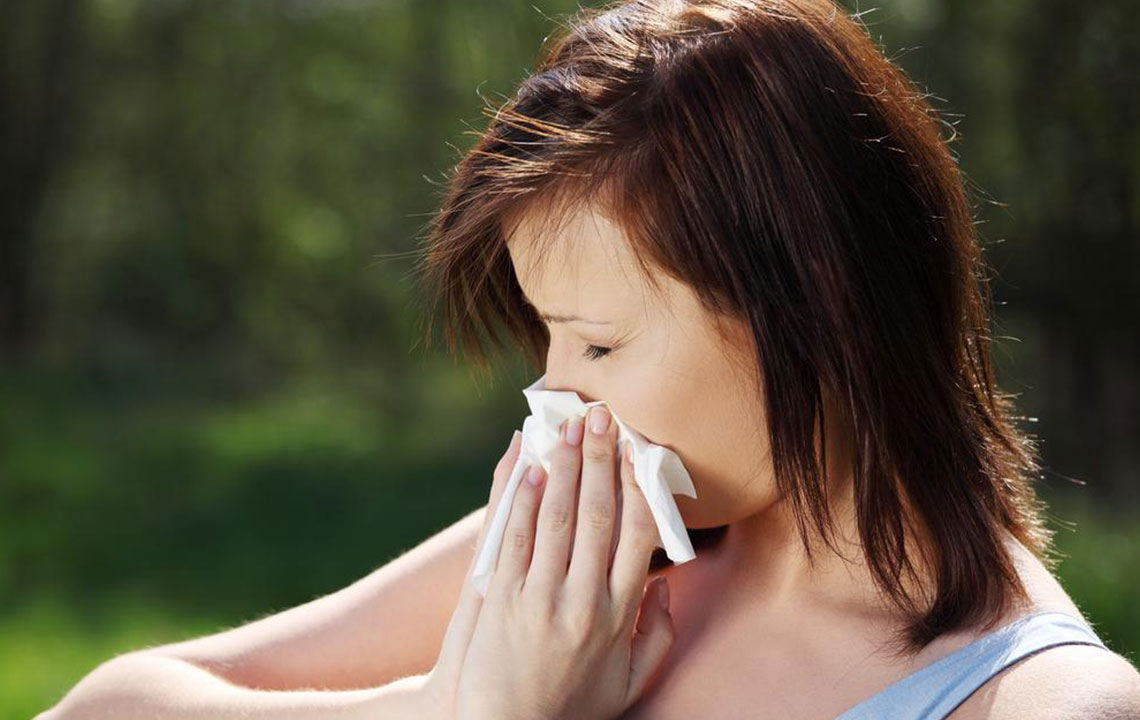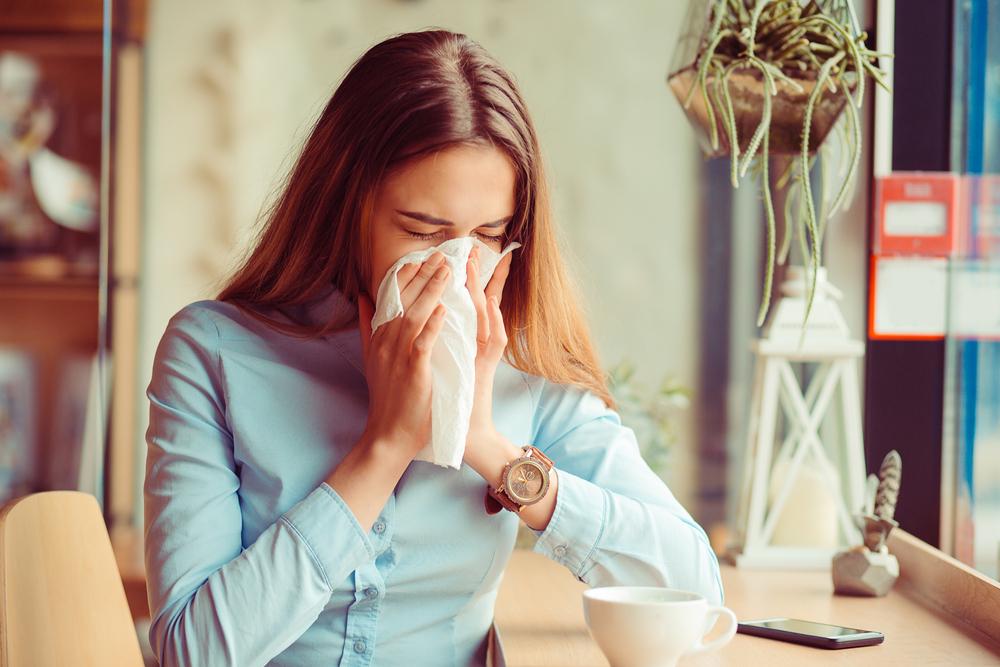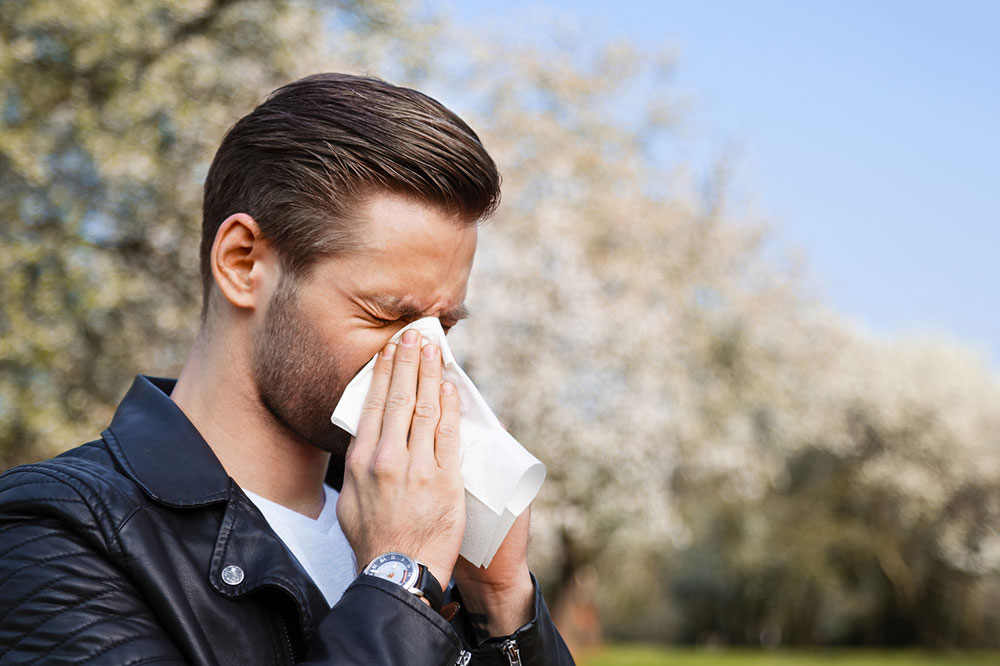Comprehensive Guide to Identifying and Managing Allergies for Better Health
This comprehensive guide provides in-depth insights into allergies, covering causes, symptoms, diagnosis, and management strategies. Learn how allergens affect your body, identify common triggers, and discover effective ways to control allergic reactions for improved health and well-being.

In-Depth Understanding of Allergies: Causes, Symptoms, and Effective Management
Are you frequently experiencing sneezing fits each time the seasons shift? Do you notice a tight or sore throat after consuming certain foods like seafood? These could be signs of an allergy. Allergies are hypersensitive reactions of your immune system to substances that are typically harmless to most people. They encompass a wide range of conditions such as hay fever (allergic rhinitis), eczema, food sensitivities, drug reactions, and even severe emergencies like anaphylaxis. Understanding the underlying causes, symptoms, and management strategies is crucial for those affected by allergies and for improving quality of life.
Allergies are triggered by specific substances known as allergens. These substances can vary widely, but common culprits include pollen, insect venoms, certain foods, and metals like nickel. Identifying these triggers is essential in managing allergic reactions. For instance, food allergies often lead to more intense symptoms, whereas airborne allergens tend to irritate the respiratory system. The primary allergens—pollen, insect stings, foods, and metals—are found in everyday environments and products, making allergy management a significant aspect of modern healthcare.
Symptoms of allergies are diverse, depending on the type of allergen and individual susceptibility. Typical signs include sneezing, itching, hives, swelling, nasal congestion, red and watery eyes, and breathing difficulties. For example, exposure to airborne particles like pollen or dust primarily affects the respiratory tract and eyes, leading to allergic rhinitis, characterized by sneezing, runny nose, and itchy eyes. Ingested allergens such as nuts or shellfish cause gastrointestinal symptoms like stomach upset, hives, or even more dangerous reactions like anaphylaxis. Contact with certain substances like latex can cause skin reactions such as dermatitis, marked by itching, redness, and hives in characteristic wheal-and-flare patterns. It is important to recognize these symptoms early to seek appropriate diagnosis and treatment.
Diagnosing allergies involves specialized testing methods. Skin prick or patch testing is commonly used to identify specific allergens responsible for reactions. Blood tests, such as serum-specific IgE tests, can also provide valuable insights. The causes of allergies are multifactorial, often involving a combination of genetic predisposition and environmental influences. Factors like pollution, dietary habits, lifestyle, and exposure during early childhood significantly impact allergy development. Some of the most common food allergens include milk, soy, wheat, nuts, and shellfish. Medication allergies, though less frequent, can be severe—penicillin allergy being a notable example that requires immediate medical attention. Interestingly, higher allergy prevalence in industrialized nations suggests that modernization, urbanization, and lifestyle factors may contribute to increased susceptibility. Stress and genetic factors further influence individual risk profiles, making allergy management a complex but critical healthcare topic.
While there is currently no cure for allergies, managing symptoms effectively allows individuals to lead comfortable lives. Treatment strategies focus primarily on symptom control and allergen avoidance. Over-the-counter medications like antihistamines, nasal sprays, decongestants, and topical creams help alleviate symptoms and prevent flare-ups. In more severe cases, immunotherapy—such as allergy shots—can gradually desensitize the immune system to specific allergens. Alongside medical treatment, lifestyle modifications, including environmental control measures—like using air purifiers, frequent cleaning, and avoiding known triggers—are vital. Recognizing early signs and understanding the triggers empowers individuals to reduce exposure and manage allergic reactions better. Education and proactive measures are key components in combating allergies effectively, making awareness and early diagnosis central to treatment strategies.





